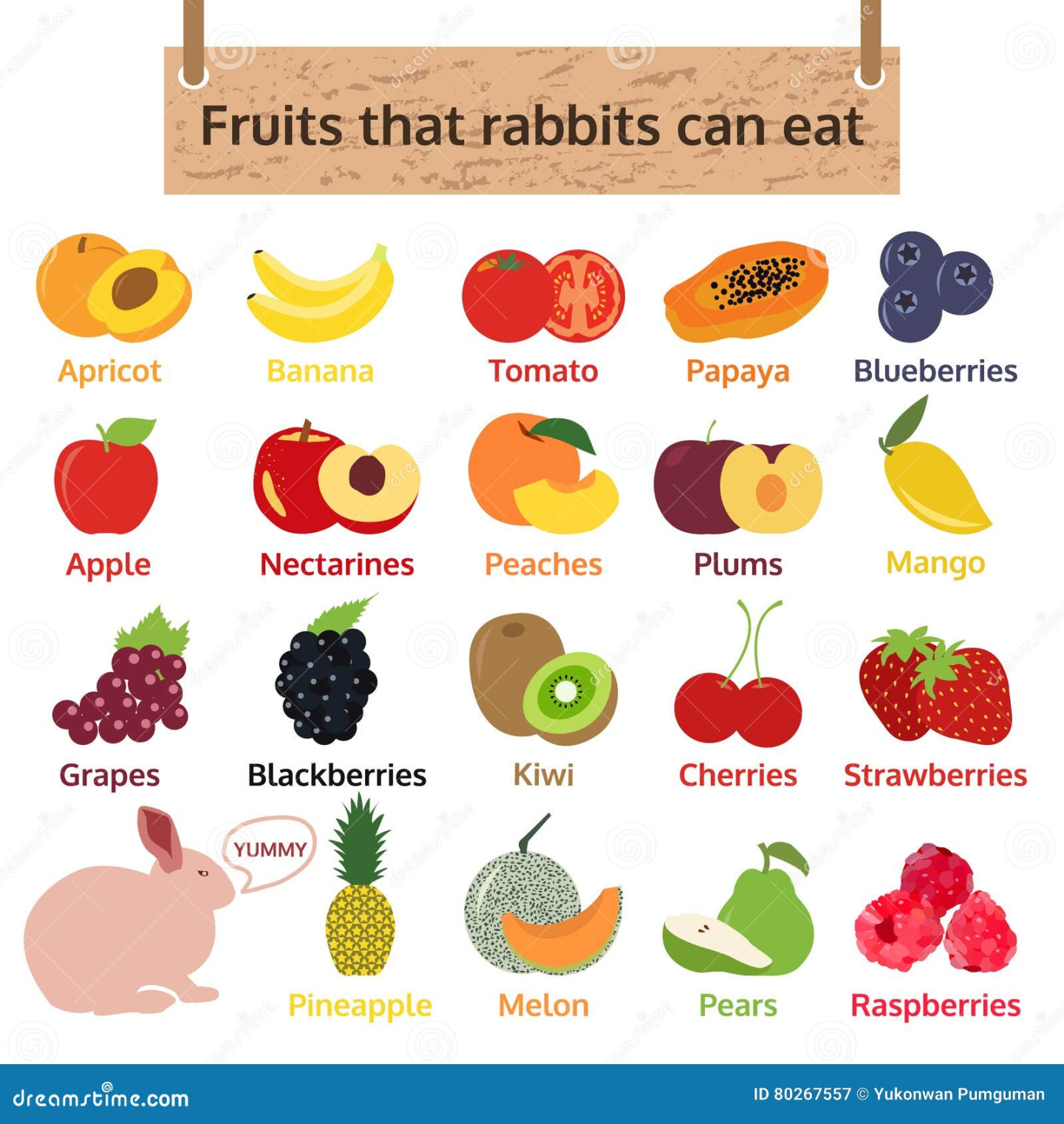What Fruit Can a Rabbit Eat?
Providing a balanced and nutritious diet for your pet rabbit is essential for its overall health and well-being. While hay, fresh vegetables, and pellets form the foundation of a rabbit’s diet, you may wonder what fruits are safe and beneficial for them to consume. Here, we will explore the fruit options that rabbits can enjoy as a treat.

1. Apples
Apples are a popular and safe fruit for rabbits to consume. However, it is important to remove the seeds and core before offering it to your furry friend. Apples provide essential nutrients such as vitamin C and fiber, aiding in digestion and supporting the immune system.
2. Bananas
Bananas are another fruit that rabbits can enjoy in moderation. They are a good source of potassium and vitamin B6. However, due to their high sugar content, it is recommended to offer small portions occasionally as a treat rather than a regular part of their diet.
3. Strawberries
Strawberries are a delicious and nutritious fruit option for rabbits. They are packed with vitamin C and antioxidants, promoting a healthy immune system. Remember to wash them thoroughly and cut them into small pieces before offering them to your rabbit.
4. Blueberries
Blueberries are a great choice for rabbits as they are low in calories and high in antioxidants. These tiny fruits are a rich source of vitamins and minerals that contribute to overall health. Offer blueberries as an occasional treat for your furry friend.
5. Pineapple
Pineapple is a tropical fruit that rabbits can enjoy in small amounts. It contains bromelain, an enzyme that aids digestion. However, due to its high sugar content, it should be offered sparingly and in small quantities.
6. Grapes
Grapes can be a tasty treat for rabbits, but they should be given in moderation. These juicy fruits are high in natural sugars, so it is best to offer only a few pieces to prevent any digestive upset. Additionally, ensure that the grapes are seedless to avoid any potential choking hazards.
Frequently Asked Questions (FAQs)
1. Can rabbits eat citrus fruits?
While citrus fruits like oranges and lemons are not toxic to rabbits, they should be avoided. These fruits are high in acidity and can cause digestive issues, including stomach upset and diarrhea.
2. Are all parts of the fruit safe for rabbits to eat?
No, not all parts of fruits are safe for rabbits to consume. Seeds, cores, and pits can be harmful and should be removed before offering any fruit to your rabbit. These parts can cause choking or blockages in their digestive system.
3. How often can I give fruit to my rabbit?
Fruits should only be given as occasional treats in small quantities. Their main diet should consist of hay, fresh vegetables, and high-quality pellets. Too much fruit can lead to weight gain, dental problems, and digestive issues in rabbits.
4. Are there any fruits that rabbits should never eat?
Yes, there are a few fruits that are toxic to rabbits and should be avoided completely. These include cherries, avocados, peaches, and plums. These fruits can cause severe health issues and even be fatal if ingested by rabbits.
Remember to introduce new fruits gradually into your rabbit’s diet and monitor their response. If you notice any signs of digestive upset or allergies, discontinue offering that fruit. Consult with a veterinarian for specific dietary recommendations for your rabbit.
In conclusion, while rabbits can enjoy a variety of fruits, it is important to offer them in moderation and as occasional treats. Apples, bananas, strawberries, blueberries, pineapple, and grapes are some of the safe fruit options for rabbits. However, it is crucial to remove seeds, cores, and pits and to wash and cut the fruits into small pieces. Always prioritize a balanced diet with hay, fresh vegetables, and pellets as the main components of your rabbit’s nutrition.
Related Articles…
Copyright Notice:
This website utilizes images found online, all copyrights are retained by their original owners. If you would like an image removed, kindly contact us.